Understanding 2024 NLRB Impacts On Employer Labor Policies
The National Labor Relations Board is charged with enforcing federal labor laws that protect the right of workers to organize for better pay and working conditions. In this role, the NLRB investigates and prosecutes private sector employers accused of violating these laws and interfering with the rights of workers to organize. As our Fairfax, VA business lawyer knows, the NLRB also holds hearings to determine if an employer has committed an unfair labor practice and determines the consequences. Meanwhile, its rulings provide guidance to employers on matters that can get them in hot water.
Stericycle
One such ruling that all employers should be aware of is Stericycle, issued last summer. In this ruling, the NLRB adopted a new standard for determining whether employer work rules unlawfully “chill” (or discourage) employees from exercising their organizing rights. Every employer should meet with an employment attorney to go over their handbooks and employment policies to make sure they’re not running afoul of the law in light of this new decision, which tilts the balance toward workers.
In a nutshell, the NLRB announced in Stericyle that any employer policy or rule regarding “concerted” employee activity — such as openly discussing salary, wages and benefits; collectively refusing to work in unsafe conditions; joining together to talk directly to the employer, the media or governmental regulators about workplace issues; or distributing a petition seeking shorter hours — will be evaluated from the worker’s point of view, regardless of the employer’s intention in adopting the rule. In other words, if employees could reasonably view the rule as discouraging them from, or punishing them for, engaging in protected activity, the rule will be presumed illegal, even if it’s reasonable to interpret the rule differently.
Social Media And Technology
Given this shift, there are several areas where employers could wade into dangerous waters. A big area is employer policies that limit employees’ use of social media and technology, especially when employers claim the ability to monitor or record employees in certain contexts. One of the major issues in the Stericycle case itself was whether the employer, in its response to employees who were discussing their unionization efforts on social media sites, acted in a manner that discouraged employees from exercising their right to speak online and push for changes in the workplace without fear of retaliation by the employer.
Employers also may have “non-disparagement” policies that limit the ability of workers to speak negatively about the employer and confidentiality provisions in employee handbooks that limit the information employees may divulge about a company.
Under the new Stericycle standard, if an employee complains that one of these policies is operating in a manner that chills their ability to engage in protected organizing activity, the employer has an uphill battle, because they now have to prove there’s a legitimate and significant business need for such a rule or policy and that the employer cannot advance that interest with a more narrowly written rule. Fortunately for employers, the NLRB has suggested that they can protect themselves to a certain degree by adopting a broad policy explicitly stating that its specific workplace policies and rules should not be understood as restricting employees’ rights to engage in organizing activity.
Find Help For Your Business
Regardless, this is a complicated area, and if you were to discipline a worker under what the NLRB considers an overly broad workplace rule, you could end up owing that worker back pay and a reinstatement order, in addition to the money you spent and the stress you endured fighting the charges. That’s why it’s important to consult the team at Mahdavi, Bacon, Halfhill & Young, PLLC. Schedule an appointment to discuss your needs at your earliest convenience.

